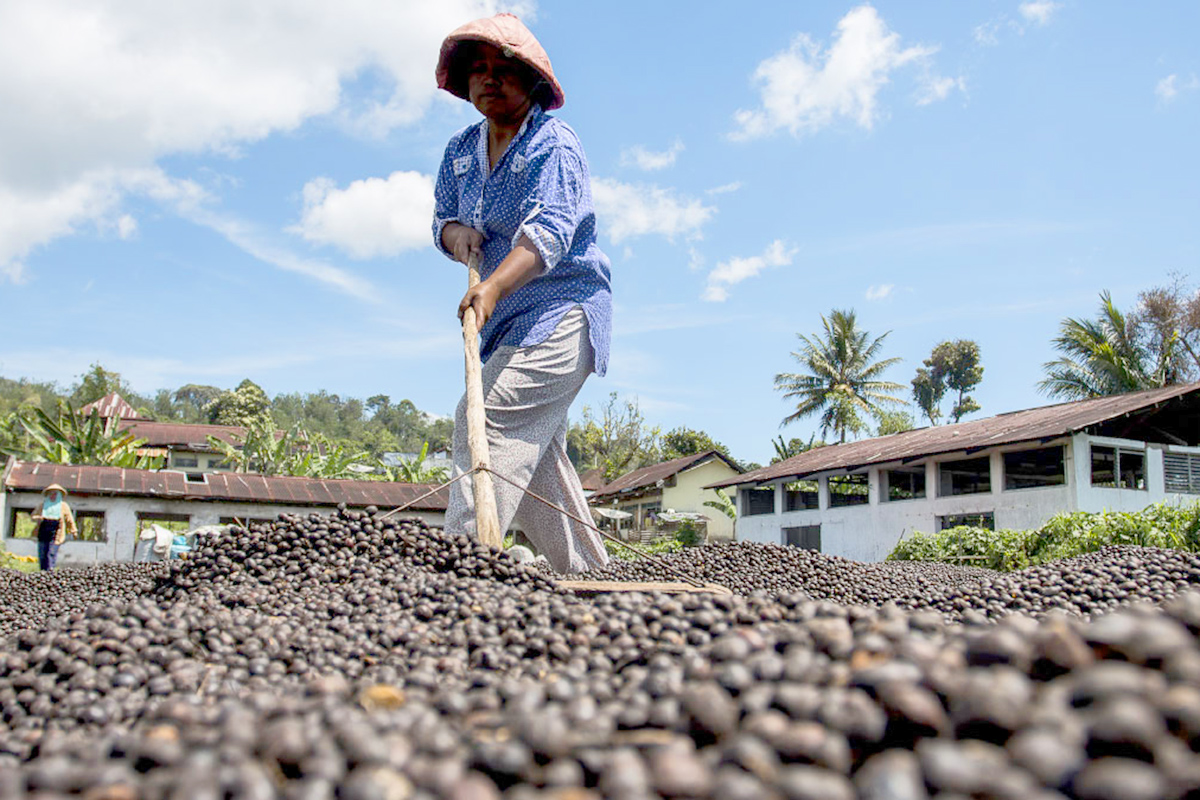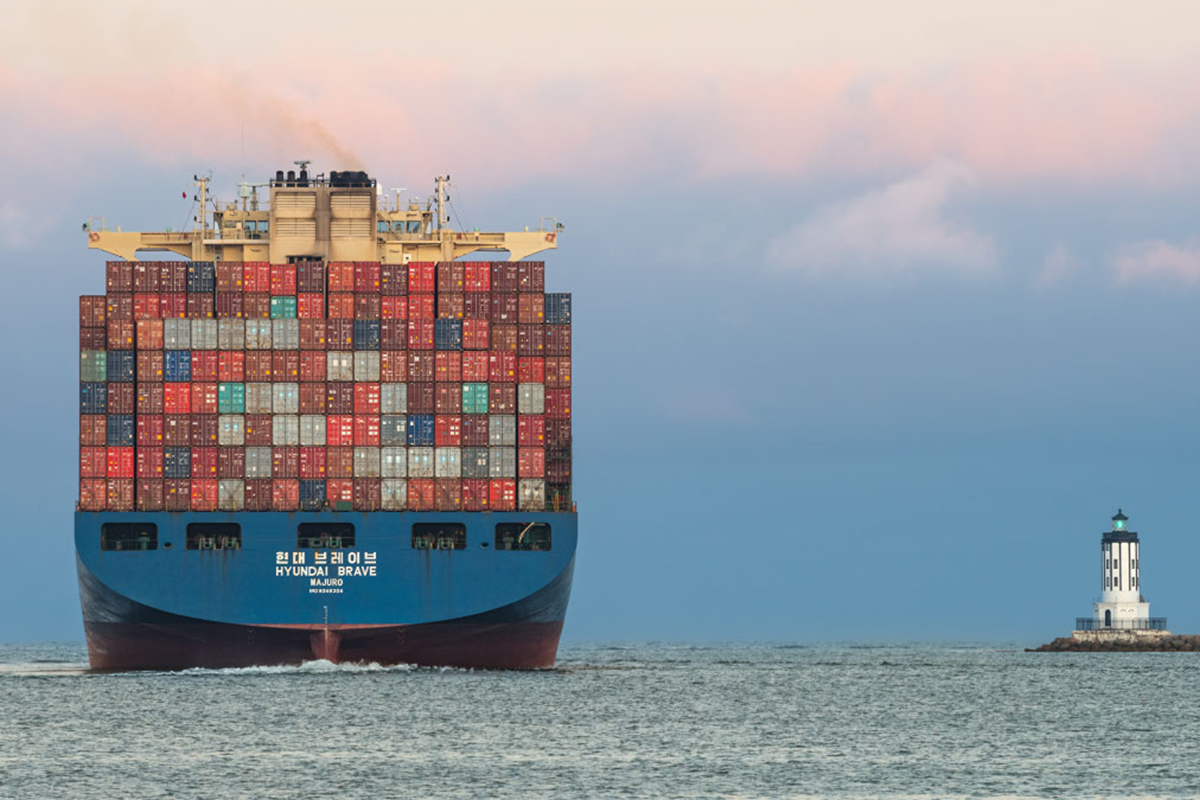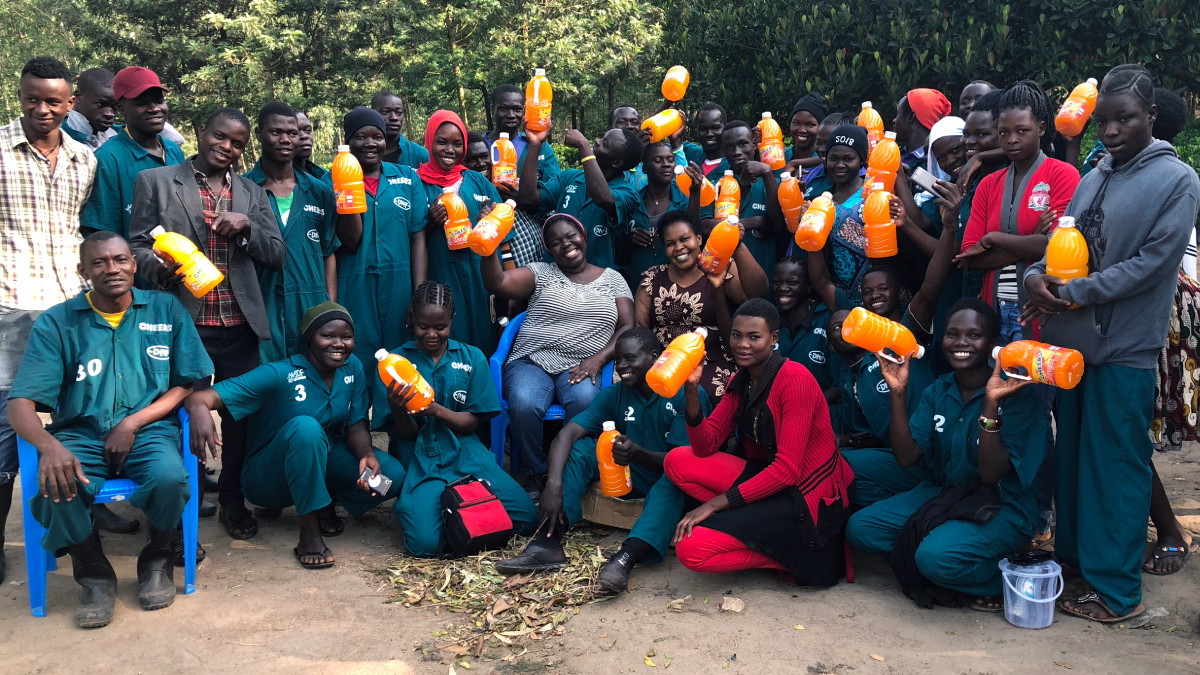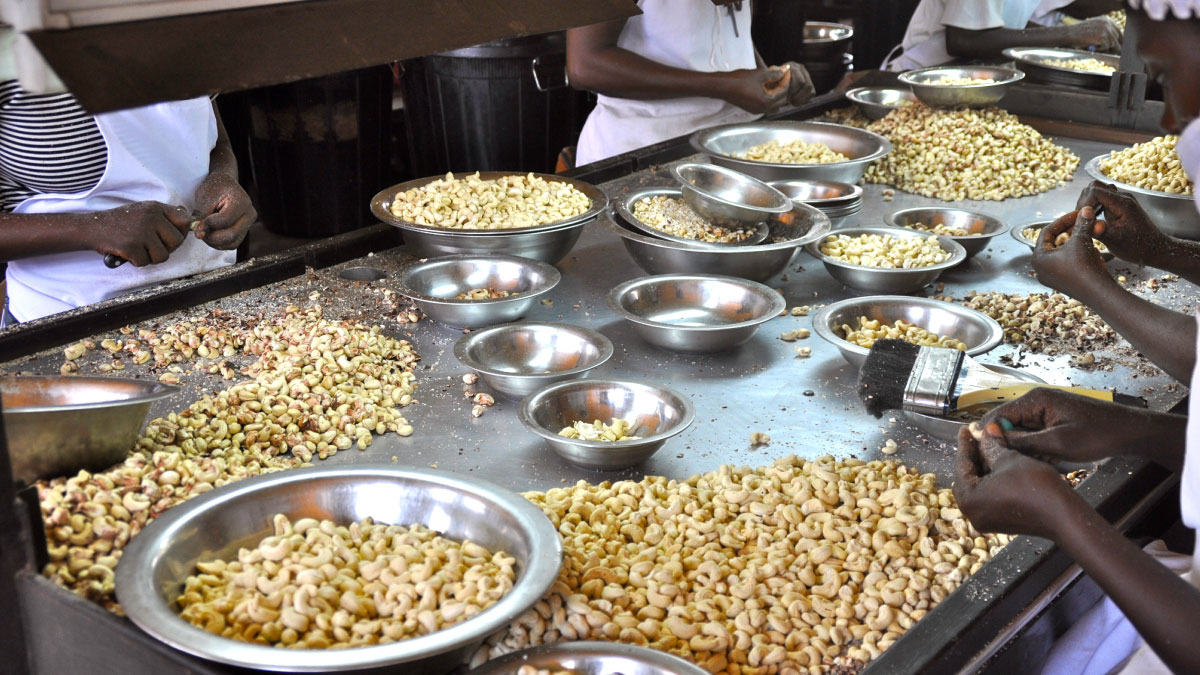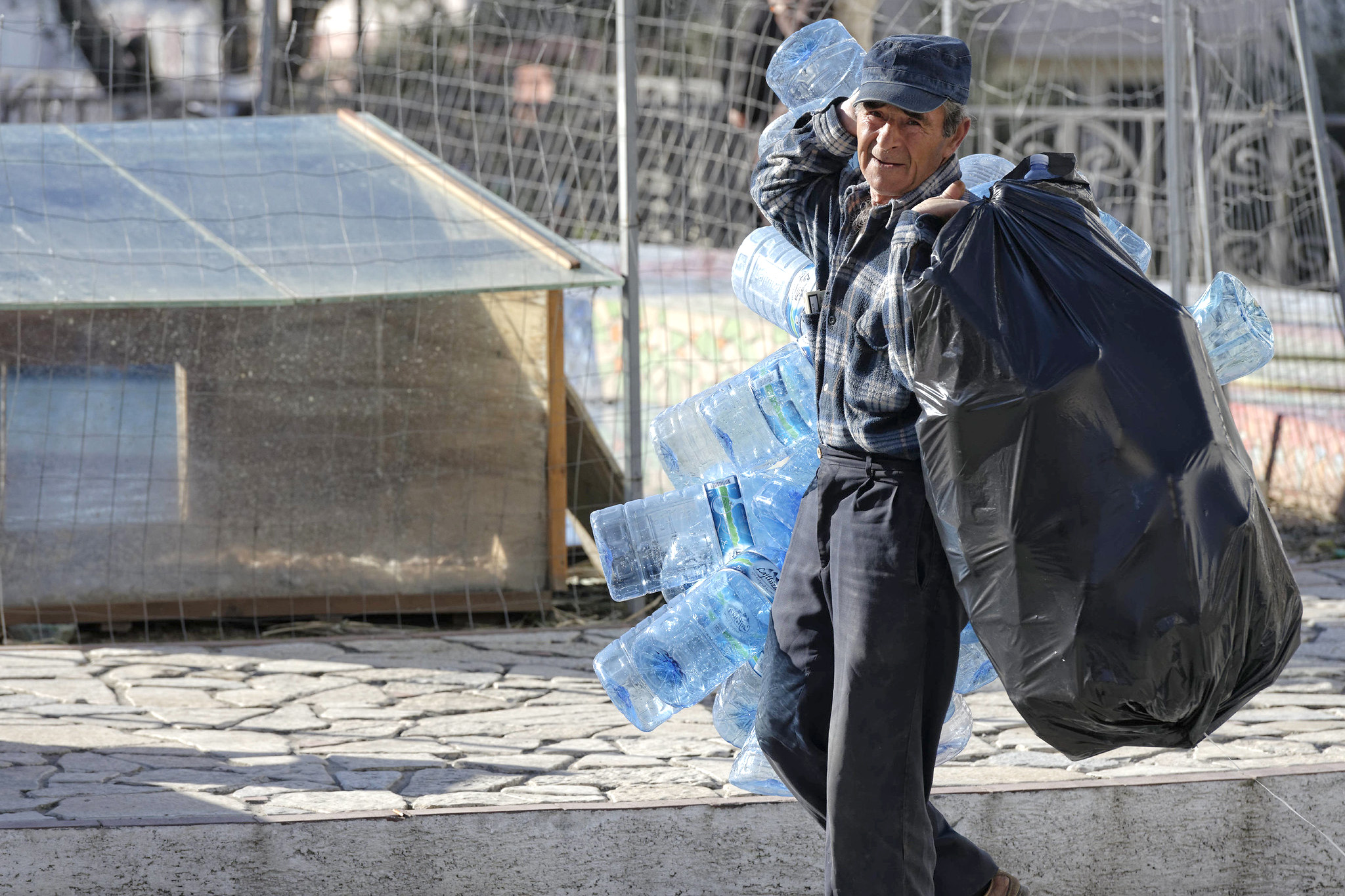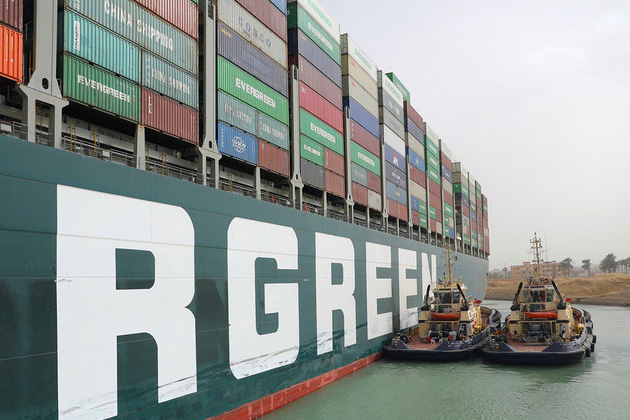Commodity prices across the board have increased significantly in recent months in the Latin America and the Caribbean (LAC) region. A new UNCTAD study reviews the price increases and their potential. The report underlines that structural differences across the region will likely result in heterogenous impacts of commodity price increases on trade and GDP growth. Most importantly, the high level of uncertainty on commodity markets and the high degrees of commodity dependence across the region underscore the need to boost the resilience of LAC economies to future shocks.
UNCTAD
Developing countries whose economies depend on commodities must enhance their technological capacities to escape the trap that leaves most of their populations poor and vulnerable, says UNCTAD’s Commodities and Development Report 2021. About two thirds of developing countries were commodity dependent in 2019, meaning at least 60% of their merchandise export revenues came from primary goods, such as cacao, coffee, copper, cotton, lithium and oil. The report recommends identifying new sectors and designing targeted policies to promote innovation.
The crash in international tourism due to the pandemic could cause a loss of more than $4 trillion to the global GDP for the years 2020 and 2021, according to an UNCTAD report. The estimated loss has been caused by the pandemic’s direct impact on tourism and its ripple effect on other closely linked sectors. International tourism and its closely linked sectors suffered an estimated loss of $2.4 trillion in 2020. A similar loss may occur this year, the report warns, noting that the tourism sector’s recovery will largely depend on the uptake of COVID-19 vaccines globally.
A new government platform in Bhutan using UNCTAD's online single window technology powers business registration in record time, supporting livelihoods during the COVID-19 crisis.
Uneven access can hamper technology’s contribution to the UN’s SDGs and worsen global inequalities. But public-private partnerships can help reverse the trend and ensure new technologies, such as solar-powered electric grids, reach the poorest communities.
World trade’s recovery from the COVID-19 crisis hit a record high in the first quarter of 2021, increasing by 10% year-over-year and 4% quarter-over-quarter, according to UNCTAD’s Global Trade Update. According to the report, the impressive rebound in Q1 2021 continued to be driven by the strong export performance of East Asian economies, whose early success in pandemic mitigation allowed them to rebound faster and to capitalize on booming global demand for COVID-19 related products.
The United Nations Commission on Science and Technology for Development convenes from 17 to 21 May, bringing together UN leaders, led by Deputy Secretary-General Amina Mohammed, scientists, including a Nobel laureate, and other experts to explore how new technologies can contribute to a sustainable and resilient COVID-19 recovery for all.
A finalist of UNCTAD’s award for women in business gets $10 million from her government to build a fresh juice factory that will promote sustainable agriculture and improve livelihoods in North Uganda. Julian Omalla produces one of Uganda’s most popular fruit drinks, Cheers, boasting a loyal customer base of over 5 million people. Affectionately known by many as “Mama Cheers”, the 56-year-old founder and chief executive is one of the east African nation’s foremost female entrepreneurs.
The global market for cashews is booming, but the African countries growing more than half the world’s supply aren’t cashing in, an UNCTAD report says, due to their lack of processing industries. Africa must add value to its nuts.
Family businesses employ 60% of the world’s workforce and contribute over 70% of global GDP. And collectively they have immense financial resources to invest in the Sustainable Development Goals. UNCTAD’s new Family Businesses for Sustainable Development initiative harnesses their potential to be a force for good and help build a transformative and sustainable future.
Global trade in plastics tops a whopping $1 trillion each year, or 5% of total merchandise trade. This is 40% higher than previous estimates and involves virtually all nations. The fresh insights into the massive extent of plastics in world trade have emerged from a new UNCTAD research paper, “Global trade in plastics: insights from the first life-cycle trade database.” The study is the first attempt to map and quantify global trade flows across the entire life cycle of plastics – from raw inputs to final products and waste.
The gigantic cargo ship that ran aground and blocked the Suez Canal last week is afloat once again after a Herculean salvage operation, but the damage to global trade will take months to fix.
Zambia’s coronavirus lockdown shut down some more traditional businesses, but for e-commerce firms this was their chance to scale up operations. AfriDelivery, a food delivery service with big dreams of becoming a business-to-business (B2B) e-commerce platform, recorded 100% growth in annual terms in 2020. Despite the opportunities, the pandemic also brought many challenges and unforeseen costs for e-commerce firms. UNCTAD is working to ensure e-commerce is mainstreamed into national development plans and development partners’ cooperation frameworks.







